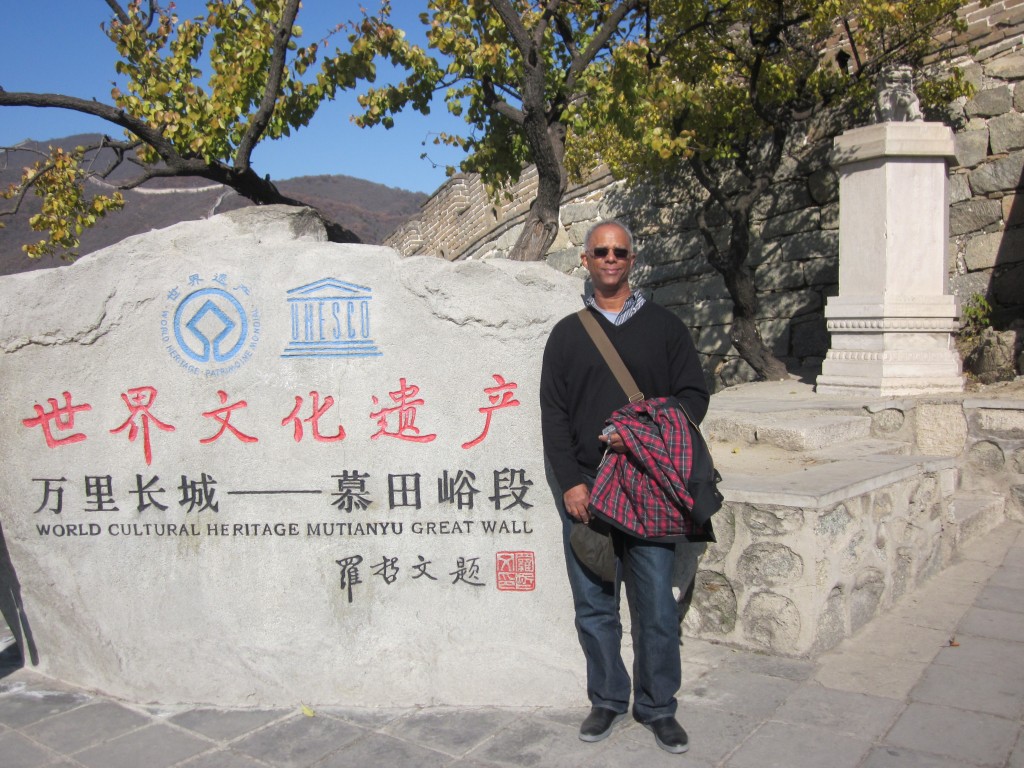Profiles: An Interview with John Holman
![]()
![]()
![]()
![]()
![]()

The Rainier Writing Workshop is pleased to welcome a new faculty member—John Holman. He will be at residency with us in August, and Soundings wanted to take a moment to introduce him and let him speak a bit about his writerly life.
John Holman is a novelist, short story writer and essayist who is a long-time teacher at Georgia State University in Atlanta. His novel Luminous Mysteries was chosen by the Georgia Center for the Book for inclusion on the 2010 list of “25 Books All Georgians Should Read.”
Holman was born in 1951 in Durham, NC, and grew up there. He received a B.A. in English from the University of North Carolina-Chapel Hill in 1973, his M.A. in English from North Carolina Central University in 1977, and his PhD in English and creative writing from the University of Southern Mississippi in 1983 where he studied with the writer Frederick Barthelme. Holman taught at several institutions, including North Carolina Central, St. Augustine’s College, and the University of South Florida. He has been on the faculty at Georgia State University for more than 15 years and currently teaches writing and directs the Creative Writing Program there.
His first book, Squabble and Other Stories, a collection of 11 stories, was published to critical acclaim in 1990. The stories generally focus on African Americans who are struggling to fit into society in the New South. Luminous Mysteries was published in 1998. The novel shows the influence of Barthelme and Raymond Carver, with whom Holman also studied, and is a powerful and affecting story of a “disconnected” family seeking the right place in their community. The Atlanta Journal-Constitution called it “a magical debut novel.” Holman has published stories in many magazines and journals including The New Yorker, Oxford American, Paste, and the Mississippi Review. He is a recipient of the prestigious Whiting Writers Award.
SOUNDINGS: What is it about writing that captures your interest and attention over the long haul?
HOLMAN: It’s the ongoing challenge of making something out of next to nothing. While rarely I might get almost a full story from a remembered conversation with someone, more often I want to figure out what to do with something like a littered beer can on the side of the road, an “off” brand such as Crazy Stallion. How might I make a narrative out of that?
SOUNDINGS: Has your relationship to your writing changed over time? Have you had to re-learn some aspect of writing, or perhaps had some unexpected area reveal itself as you’ve stayed in relationship with the art?
HOLMAN: I don’t stress about getting it done the way I used to, but at the same time, I don’t burn to get it done either. I take it easier. But, if I stay away from it too long, take it too easy, I seem to forget how to work my way into it, and forget how difficult it is, and how bad the early efforts at a story can be.
SOUNDINGS: Since you teach writing–and direct the creative writing program at Georgia State University– you obviously think writing can be taught. But are there areas of writing that cannot be taught? If so, how do writers learn those things?
HOLMAN: I don’t know that a person can be taught to be interesting in his or her writing. But sometimes a person can be shown unconventional ways that other writers have taken on subjects, or have engaged unconventional attitudes, and a person might be inspired to think differently from that.
SOUNDINGS: What are the obsessions or cares that drive you back to the page time and again to engage your writing?
HOLMAN: I tend to be interested in how people miscommunicate with one another; on our struggle to understand one another and be understood, and on how that can be both comic and sad.
![]()
![]()
![]()

